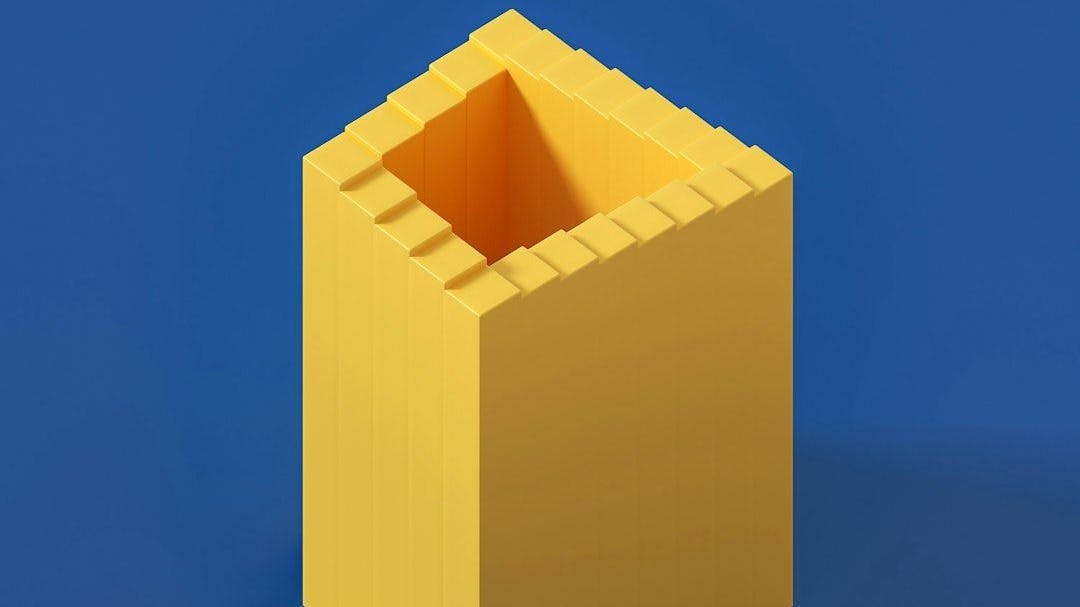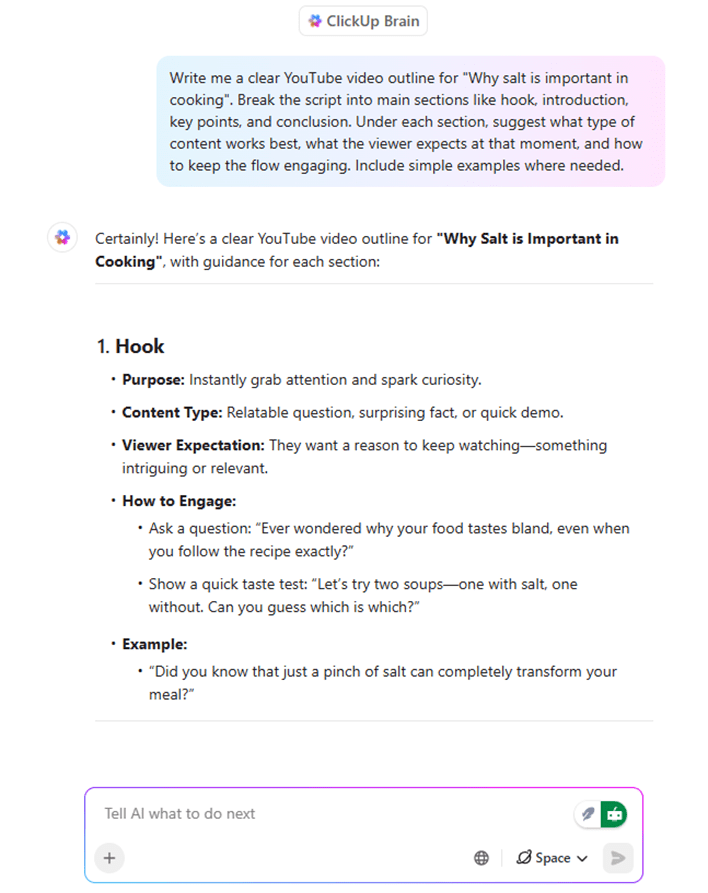If you’ve been scrolling through Facebook, Instagram, or even YouTube and come across posts claiming your old Rs 5 or Rs 10 coins could fetch you lakhs, then know you’re not alone. These “coin sale” ads have been making rounds on social media, and sadly, many people across India are falling victim to them. Also Read: WhatsApp Gets Two New Features To Tackle Scams; Get Alert From Unknown Groups
According to The Indian Express report, a 74-year-old man from Ramnagar, Hyderabad, lost Rs 4.27 lakh in one such fraud last month. It all began when he responded to a Facebook ad that promised him Rs 72 lakh for his old coins. Over the next six weeks, he was tricked into making 28 UPI transfers for so-called “verification charges,” “RBI clearance,” and “processing fees.” He even borrowed money from relatives before realising it was all a scam. Also Read: Meta To Educate Users On Online Scams And Fraud Through Creators Campaign: Here’s How
In another case, a retired security guard in Madhya Pradesh’s Rewa was duped of Rs 60,000 after being promised crores for his coins. Also Read: Gmail Unsubscribe Scam: One Click Could Expose Your Entire Inbox – How To Be Safe
Coin Sale Scam: How The Scam Works
These scams usually begin with flashy ads, complete with fake RBI logos, promises of crores, and “success stories.” Once a victim shows interest, fraudsters pose as RBI officials, antique collectors, or museum representatives.
First, they “assess” your coin and declare it worth lakhs, and then, they ask for small fees: registration, verification, courier, insurance, or RBI clearance. Each demand seems minor, but it adds up quickly. To pressure victims, scammers add urgency: “Pay now or you’ll lose the deal,” or worse, “You’ll be arrested if you don’t clear the charges.”
By the time the fraudsters vanish or start threatening, the victim has already lost a big chunk of money.
How To Be Safe From Coin Sale Scams
Many people assume “all coins” can suddenly become valuable, whether rare currency, old coins, or even fake gold coins. That’s why fraudsters use this misconception to lure victims with promises of quick wealth.
However, it’s important to note that the Reserve Bank of India does not buy or sell coins, nor does it conduct verification processes for such sales. To keep yourself safe from such scams, always look out for signs, such as:
- Any advance payment request for fees or certificates.
- Unrealistic offers of crores for ordinary coins.
- Fake RBI IDs, certificates, or government seals.
- Multiple small fee demands over time.
- Threats or urgency to pay quickly.
- No verifiable details about the buyer.











